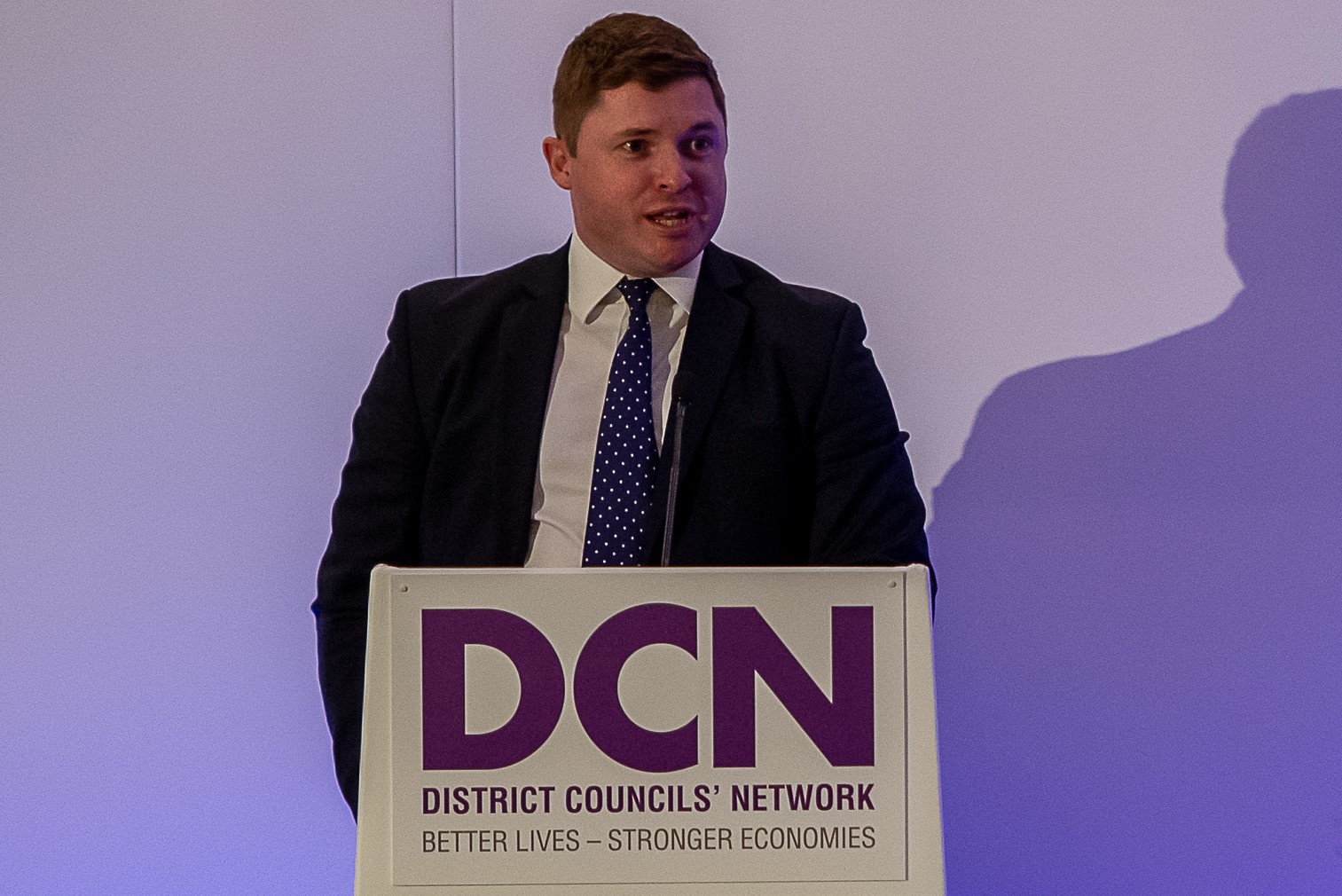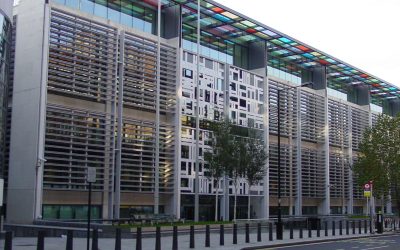DCN chairman Cllr Sam Chapman-Allen has offered a bold vision for levelling up in district council areas in a book which was launched last night at an event featuring Michael Gove.
The Levelling Up Secretary was the keynote speaker at last night’s launch in Westminster of Levelling Up 2.0: A blueprint for the future, a book which brings together visions of how the Government’s flagship policy can work in different parts of the country.
The book was curated by former Lord Chancellor and Welsh Secretary Sir Robert Buckland who in recent months has chaired a commission which examined themes including reforming the skills sector and ensuring necessary infrastructure is provided.
Cllr Chapman-Allen’s chapter states: “District councils need to be at the heart of the levelling up agenda. The emphasis on new structures like combined authorities and city-region mayoralties has obscured what these existing, even venerable, organisations can deliver in terms of levelling up.”
He says concepts such as the north/south divide or the Red Wall did not reflect the complexities of special disparities: “The starkest spatial disparities are often not between regions or even local authorities, but within them.”
The provision of social infrastructure has long been the core mission of district councils, he states, while services such as waste collection and street cleaning had a huge bearing on communities’ perception of their area.
Cllr Chapman-Allen makes a number of policy recommendations, including calling for district councils to have the “funding and powers necessary to fulfil their role”. He also calls for an end to the current overreliance on competitive bidding for central funds.
He calls for a rethink of the provision in the Levelling Up and Regeneration Bill which means districts cannot be constituent members of combined authorities. “District council should be allowed, nay encouraged, to be constituent members of combined authorities and the consent of the majority of districts in a proposed area should be required before new ones are created,” he writes.
Cllr Chapman-Allen also criticises the directly elected leader model under which devolved structures are integrated into the county council, saying that it results in parts of the local government family being bypassed.
And he calls for arms-length bodies operating on behalf of central government to engage more with councils.
“In district councils, central government has a willing and able partner in delivering a version of levelling up which reflects the diversity of local needs and does not rely solely on top-down impositions or transfers,” he writes.
“Though there is a place for bold moves that seek to change the UK’s economic geography, there is emphatically also a role for smaller, incremental steps that help people feel pride in their area and connected to the people who live there.”
For more details on the book, see here.





